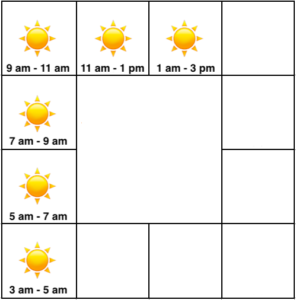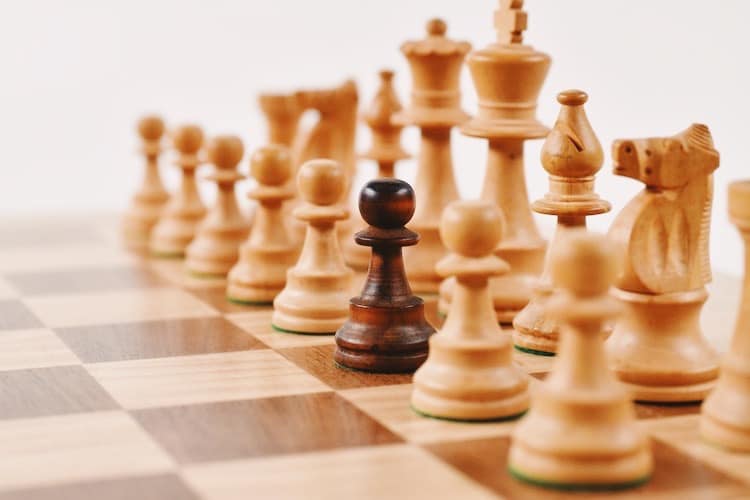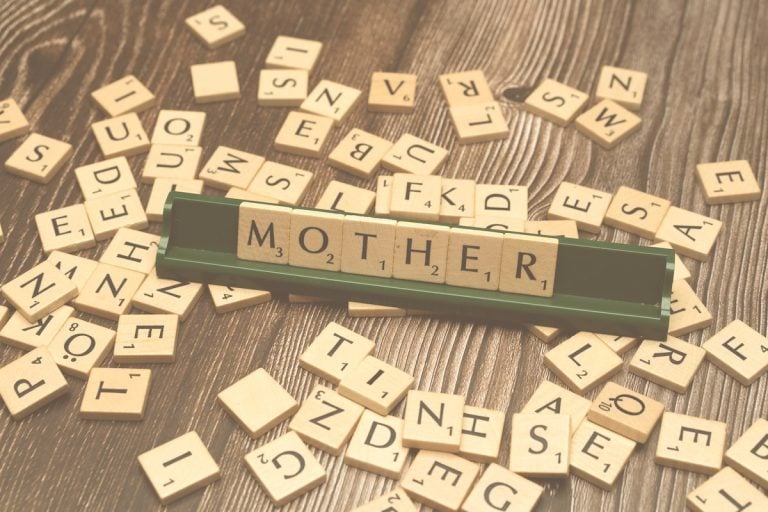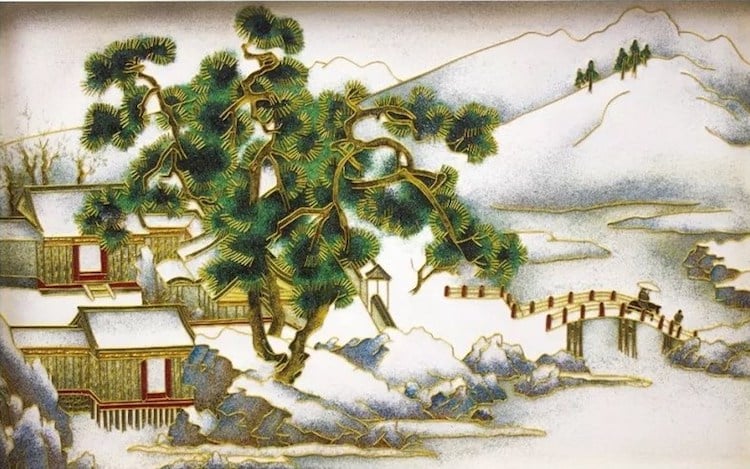The Sun (Tai Yang) – The Father Star

Five Elements:
yang fire
Vital Qi:
prestige
Chinese Name:
tai yang 太陽
Strength:
leadership, caring, righteous, filially dutiful
Weakness:
domineering, controlling
Also Known as:
ruler of career
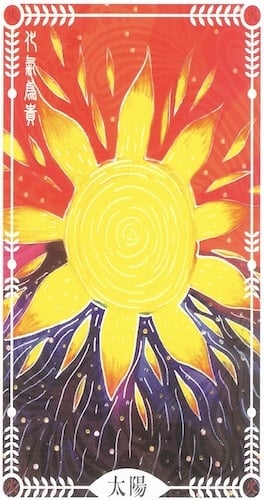
The Sun (Tai Yang), the heart of our solar system, radiates warmth, light, and energy to sustain life on Earth. In the cosmic language of Zi Wei Dou Shu, The Sun holds profound symbolism. Like the patriarch in a traditional society, the Sun represents the father, the husband, and even the son in a woman’s life. Its essence reflects leadership, authority, and the drive to create order, much like its gravitational force anchors the planets.
The vital Qi of the Sun embodies prestige, while that of the Emperor (Zi Wei, 紫微) signifies nobility—so what sets them apart? An emperor naturally seeks to lead the people, but the key difference lies in the Sun’s protective and nurturing nature. At its core, the Sun is about caring for others, which in turn fosters status and leadership. The Emperor, on the other hand, relies on admiration and reverence from the masses to affirm its nobility.
The Taboo of Women as “The Sun”
Historically, women with The Sun star in their Self Palace were seen as controversial in patriarchal societies. Their commanding nature clashed with conservative ideals, where men were expected to dominate. In today’s world, where gender roles are more fluid, these interpretations evolve. However, societal biases persist—dominance in men is admired, but in women, it’s often labeled as “bossy.”
Yet, women embodying The Sun are trailblazers. They break molds, achieve success, and inspire others, proving that leadership transcends gender norms in today’s world.
The Brightness of The Sun (Tai Yang)
In Zi Wei Dou Shu, the brightness of The Sun in a natal chart greatly influences its impact. A “radiant” Sun signifies power, energy, and influence, while a “shadowed” Sun suggests a subtler, less dominant and competitive personality.
At its zenith, The Sun shines brilliantly, but this brilliance demands effort. Being the constant source of light can be exhausting. Conversely, a shadowed Sun, though less commanding, fosters harmony in relationships, as its gentler nature avoids unnecessary conflict. In Chinese metaphysics, balance is vital—sunrises and sunsets each has their unique beauty.
The Sun (Tai Yang) Across the Twelve Palaces
1. Self Palace
When The Sun resides in the Self Palace, leadership becomes second nature. These individuals radiate authority and often take on the role of setting the tone for their communities. Their self-image is tied to being a protector and moral compass, but this can backfire—others may find them bossy or overbearing, especially when The Sun carries an Empowerment or Hindrance transformation.
2. Siblings Palace
The Sun here reflects both sibling dynamics and maternal influence. A radiant Sun suggests someone who takes on a protective, guiding role in the family—like an elder sibling acting as a second parent—and may also point to a mother who leads the household.
When shadowed, the caregiving instinct is present but less controlling, resulting in smoother relationships with siblings. The Sun’s qi of prestige brings a sense of respect, often viewing siblings as admirable or worthy of recognition.
These traits reflect core values in the natal chart, though actual dynamics—especially with younger siblings—are better understood through decade or annual charts.
3. Spouse Palace
Classical texts suggest that the ideal marriage pairing is a man with the Moon in the Spouse Palace and a woman with the Sun, symbolizing a harmonious yin-yang match. However, modern society has moved beyond rigid gender roles. For men, having the Sun in the Spouse Palace often indicates attraction to independent, opinionated women who are socially engaged. But since both partners may seek respect and recognition, this can lead to struggles over control in the relationship. For women, the Sun typically brings status and positive regard through their marriage.
4. Children Palace
Parents with The Sun here project high expectations onto their children. A radiant Sun pushes ideals of justice and leadership strength, while a shadowed Sun still holds the same hopes but may lack the resources to express them fully. This creates a common tension: raising independent yet obedient children—a paradox that’s hard to navigate.
5. Wealth Palace
The Sun symbolizes prestige over profit. It governs how one views and manages wealth rather than the actual amount of money. These individuals tend to spend generously to uphold social status, investing in visibility rather than savings. When The Sun is radiant, it favors professions tied to public recognition—such as principals, community leaders, or heads of organizations—where financial gain comes through reputation. However, when shadowed, individuals may overextend themselves by taking on responsibilities beyond their capacity, leading to potential issues in financial management.
6. Health Palace
The Sun star belongs to the Fire element and is associated with the heart, cardiovascular system, and the eyes. In terms of appearance, women with a radiant Sun tend to have fair skin, fuller busts, and round faces, while those with a shadowed Sun may have less pronounced features. Regardless of gender, individuals typically have large, expressive eyes and a lively presence. Over time, both men and women may experience a shift toward fuller body types as they age.
7. Travel Palace
This palace reflects both outward expression and inner motivation. The Sun prefers to shine from afar rather than sit at the center—making it more effective in the Travel Palace than the Self Palace, where it may burn itself out trying to illuminate others. In the Travel Palace, leadership becomes warmth rather than control, making the person charismatic and widely supported. This placement suits public roles, especially if the Sun is radiant. If shadowed, it may lead to limited impact or ambiguity in values.
8. Friends Palace
The Sun’s presence suggests a preference for socially prominent friends and a tendency to lead. These individuals are selective about their inner circle and often act as mentors. A radiant Sun enhances their natural authority, while a shadowed Sun may create distance or a sense of disconnection from their network.
9. Career Palace
The Sun thrives here. Individuals place high value on recognition and personal achievement over just monetary rewards. A radiant Sun brings steady progress in public-facing careers. If shadowed, career paths may veer into unconventional or gray areas due to unclear moral footing or inconsistent effort.
10. Property Palace
The Sun favors open, sunlit environments and elegant but not overly luxurious homes. These individuals seek communities with prestige and a sense of moral uprightness. Unlike The Emperor, The Sun doesn’t demand grandeur—it wants dignity and light.
11. Karma Palace
This palace shows what brings inner peace. With The Sun here, the soul finds joy in being of service, mentoring others, and staying true to a personal code of ethics. These individuals are most fulfilled when their means of income align with their values and public identity. Ideal professions include those where income grows with fame and social standing—such as entertainers, politicians, or spiritual consultants. A shadowed Sun, however, may indicate a tendency to drift into morally ambiguous or legally grey professions.
Parents Palace
The Sun here often reflects a strong, influential father or a figure who serves as a moral role model. The individual may feel both admiration and pressure, internalizing high standards from a young age. They themselves often grow up to be dutiful and proud children.

Embracing the Balance of The Sun
The Sun in Zi Wei Dou Shu offers a nuanced lens into leadership, relationships, and personal traits. Its brightness or shadow influences not only one’s personality but also their interactions with the world. Whether in the center stage or in the background, The Sun teaches us the importance of balance, resilience, and understanding the duality of life.
《Further Reading: The Meaning of Twelve Palaces》
Subscribe to Newsletter
I share insights on Zi Wei Dou Shu, reflections on life, and practical guidance to help you navigate your journey.—subscribe and stay inspired!
Unlock the Secret of Destiny
Follow me on Facebook for fortune insights, life coaching, and wisdom from Zi Wei Dou Shu!
